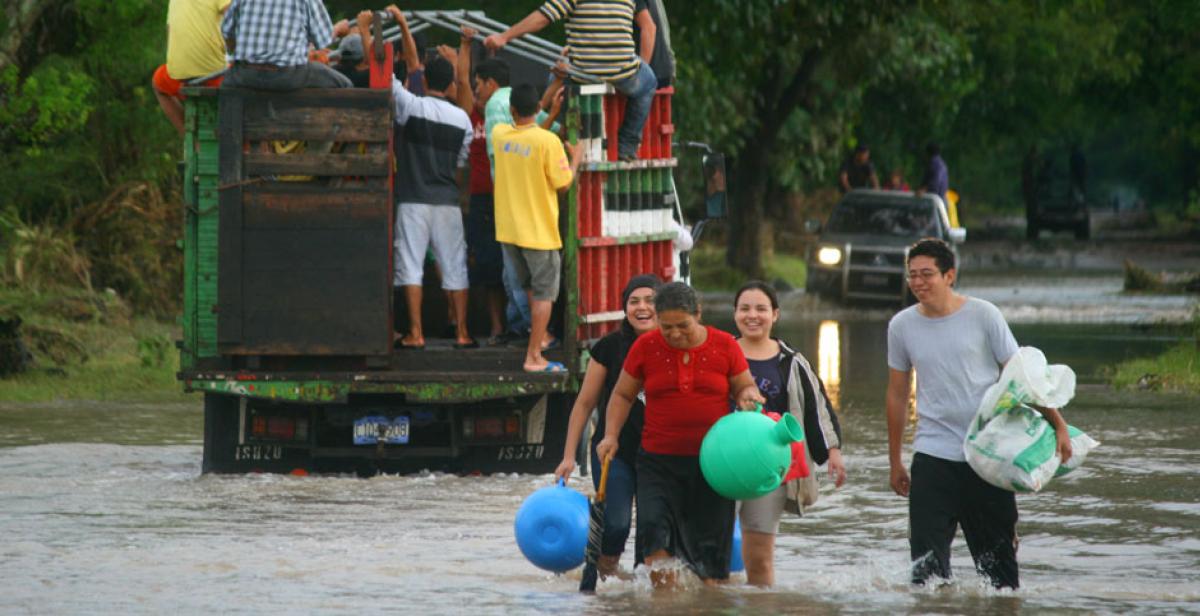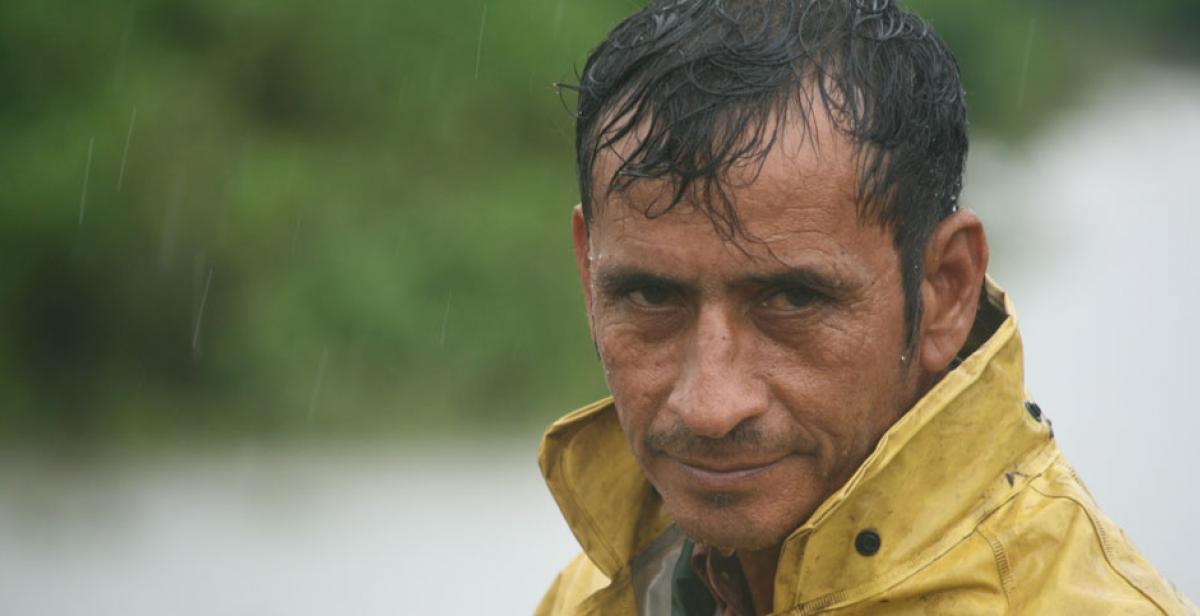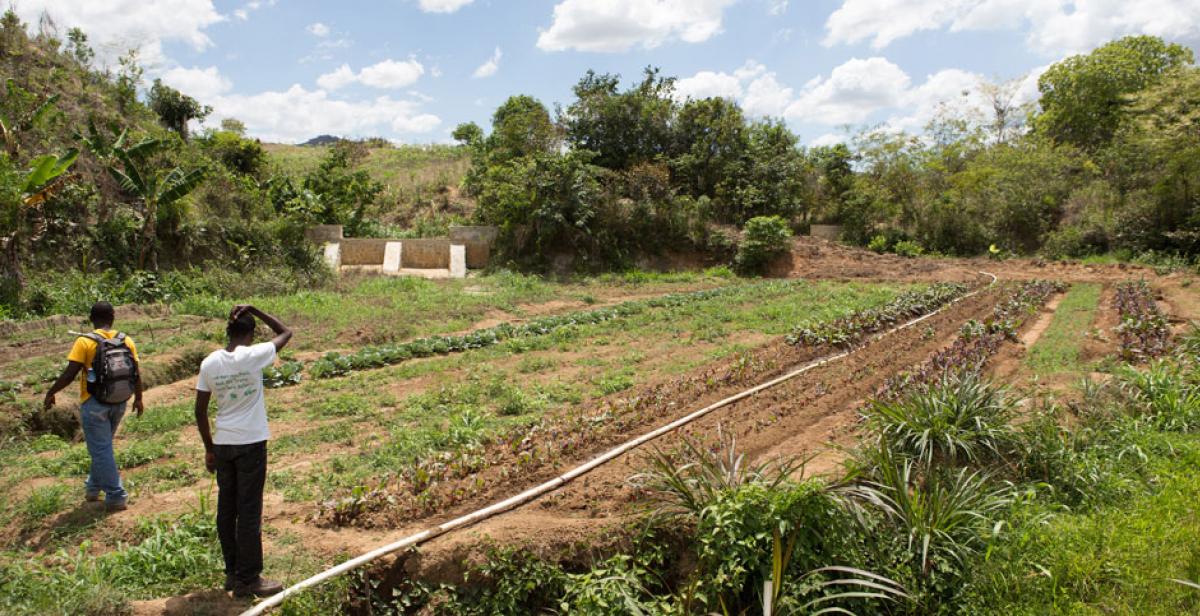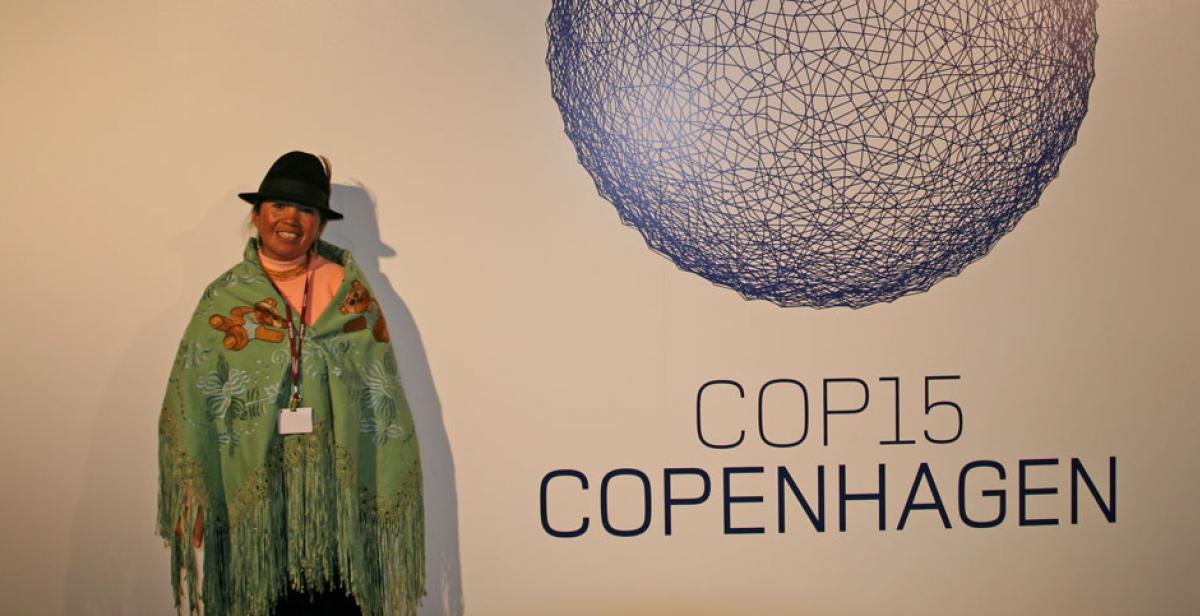We all have a responsibility to act to slow down global warming - but we also need to help those most vulnerable and those already affected to survive in the face of an increasingly unpredictable climate.
Adaptation
Many of our partners are already concerned about the impact climate change has had, and will have, on the ability of poor people to sustain their lives and livelihoods. Anecdotal evidence tells us about changing rain patterns, increased droughts and other difficulties.
In poor communities women are generally the ones suffering most, as they are often in charge of the practical side of ensuring the family has food on the table, water to drink and fuel for the fire.
Sustainability
People in poor communities are already developing strategies to cope with the effects of climate change. This includes managing the natural environment sustainably – without a healthy ecosystem there is no buffer to deal with the effects of climate change.
Local knowledge
It is essential that we work with partners to help poor communities adapt to the effects of climate change. We need to work hand-in-hand with them to find solutions that are efficient, sustainable and inclusive.
Local solutions
Community and ecosystems-based approaches to adaptation, that include the knowledge and voices of those most affected, are essential for getting this right. This needs to include marginalised groups and have a particular concern for the needs and rights of women.
International policy decisions
It is essential that these core messages are heard when decisions are made about how to deal with climate change now and in the future. Many of these decisions are taken far away from the people most affected.
Progressio therefore works to ensure that information about these international processes is made available to our partners. Even more importantly we work to enable their voices and priorities to be heard in these forums.







